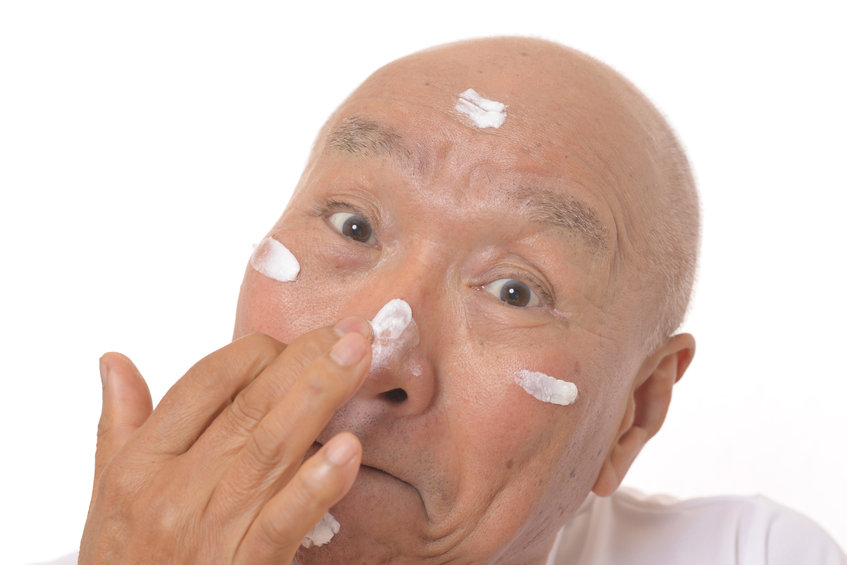With summer winding down and cooler temperatures on the horizon, it can be easy to forget or skip the sunscreen when heading outdoors. But even if the sun doesn’t feel like it’s baking your skin, damage can happen regardless of the temperature or cloud cover.
Follow these tips when it comes to protecting your skin outdoors:
- The Skin Cancer foundation recommends everyone use a broad-spectrum sunscreen of at least SPF 15 or higher every day. Broad spectrum sunscreen protects your skin from UVA and UVB rays, both of which can be harmful.
- If you plan to be outside for an extended period, make sure to grab a water-resistant broad-spectrum sunscreen with an SPF of 30 or higher. Even better than sunscreen is wearing long-sleeves, pants, and a wide-brimmed hat when you know you’ll be in the sun for long stretches of time.
- And don’t forget to reapply! Sunscreen is not a one-and-done situation. Reapply every two hours or every hour if swimming.
- Don’t forget those sneaky places like your hair part, temples, or tops of the feet and hands.
- Keep infants younger than six months completely covered, as sunscreen isn’t recommended for their sensitive skin.
- Stay in the shade or inside between 10 a.m. and 4 p.m., as that’s when the suns rays are at their peak.
- Avoid tanning beds and laying in the sun without skin protection.
Keeping your skin healthy starts with protection but regular skin checks, both at home and by a dermatologist, are key to catching any signs of skin cancer early. The Skin Cancer Foundation recommends all adults do monthly self-exams.
Check for:
- Any moles or growths that have increased in size, changed in color, texture, thickness or are bigger than a pencil eraser.
- A spot or sore that continues to itch, hurt, crust, scab, or bleed.
- An open sore that doesn’t heal within 3 weeks.
Make sure to schedule an appoint to see a dermatologist right away if you notice any of those signs. And be sure see a dermatologist annually for skin checks. You may need to see a dermatologist if you have an increased risk like past skin cancer or family risk.
To make an appointment, call us at 1-800-859-0085.

